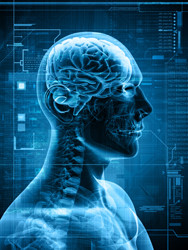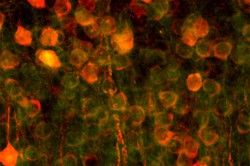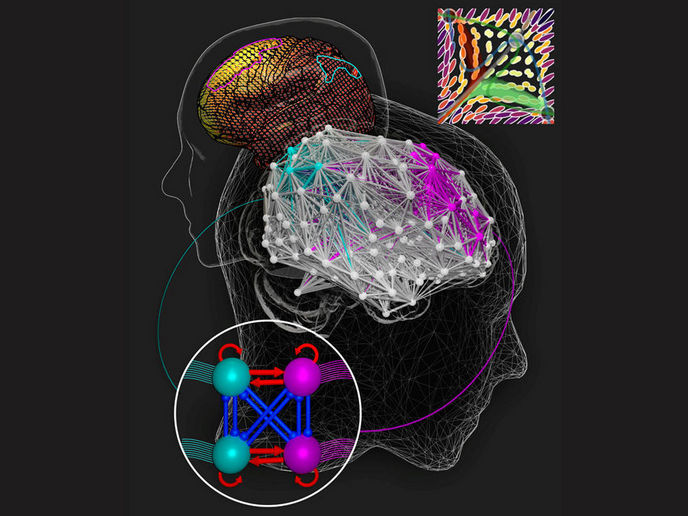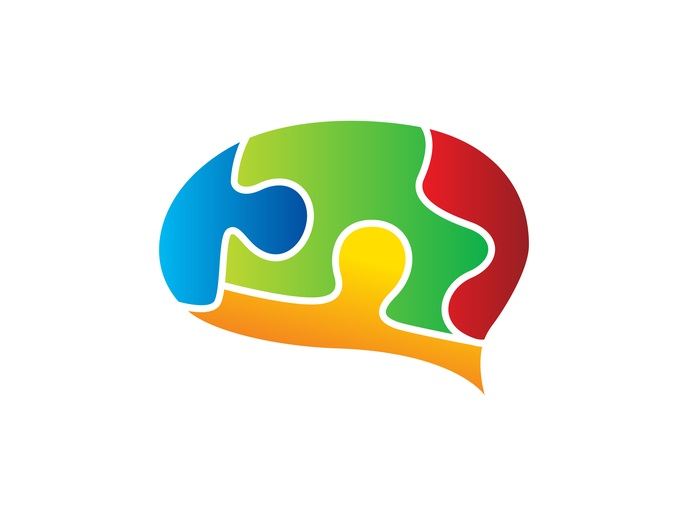Advancing brain science via networking
Further research into brain science can provide better insight into the computing principles of the brain. This will lead to the development of new therapies for brain disease and the design of new and emerging information and communication technologies. With EU funding, the 'Fast analog computing with emergent transient states - Initial Training Network (FACETS-ITN)' (FACETS-ITN)(opens in new window) project set up a research and training network consisting of PhD students and young postdoctoral researchers from various science disciplines to study the emerging domain of neural computation. The challenge was to form links between neuroscience and information science by building on the outcomes of the predecessor FACETS and BRAINSCALES projects. Project deliverables include research funding opportunities of up to three years to 22 beneficiaries at 14 partner institutions such as research universities and centres in six EU Member States. It involved research and training in selected research areas, in addition to secondments at partner laboratories. Doctoral degrees were awarded by partner universities. The FACETS-ITN network was strengthened further by workshops that covered several scientific and complementary skills themes, as well as student conferences that featured leading experts in brain science. The network published its key scientific findings in various international journals and also presented them at conferences. FACETS-ITN improved the understanding of information processing in the brain. In doing so, it feeds into the Human Brain Project. This EU flagship initiative consists of over 80 global partners who will simulate the human brain and then use this knowledge to develop and operate novel computers and robotics.







